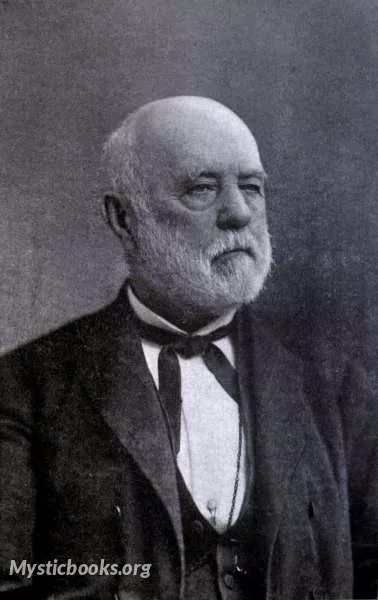
Timeline
Title
Country/Nationality
William Ruschenberger
William Samuel Waithman Ruschenberger was a surgeon for the United States Navy, a naturalist, and an author.
After attending schools in Philadelphia and New York Ruschenberger entered the United States Navy with the rank of surgeon's mate, on 10 August 1826. He graduated from the medical department of the University of Pennsylvania in 1830, and was commissioned as a naval surgeon on 4 April 1831. In 1836 he was posted aboard USS Peacock, and accompanied the second mission of diplomatist Edmund Roberts to Muscat and Siam. He was subsequently fleet surgeon of the East India Squadron between 1835 and 1837.
From 1840 to 1842 Ruschenberger was attached to the naval facility at Philadelphia, and then the Brooklyn Navy Yard hospital between 1843 and 1847. In 1849, he was elected as a member to the American Philosophical Society. He was again fleet surgeon of the East India Squadron 1847–1850, of the Pacific Squadron 1854–1857, and of the Mediterranean Squadron from August 1860 until July 1861. During the intervals between cruises he was on duty at Philadelphia. During the Civil War he was surgeon of the Boston Navy Yard. He was on special duty at Philadelphia 1865–1870, was the senior officer in the medical corps 1866–1869, and was retired on 4 September 1869. He was president of the Academy of Natural Sciences of Philadelphia 1870–1882, and president of the College of Physicians of Philadelphia 1879–1883. He was commissioned medical director on the retired list on 3 March 1871. Dr. Ruschenberger published some of the results of his investigations during his cruises, by which he had acquired a wide reputation.
He also served as a member of the Board of Appointments whose purpose was to form rules and plans for the United States Naval Academy. Dr. Ruschenberger rose to the rank of commodore before he retired. He wrote several works based on his service in the Pacific and along the coast of South America. He was a contributor to Samuel George Morton's work on the "science" of race. He dedicated A Voyage Around the World to Morton and in return Morton dedicated his Crania Americana to Ruschenberger.
Books by William Ruschenberger
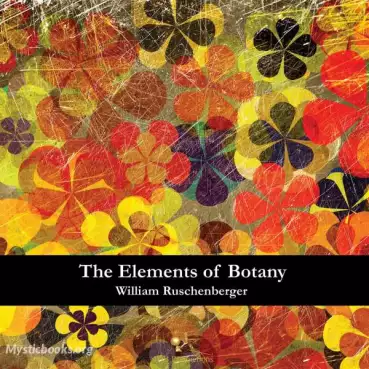
The Elements of Botany
The Elements of Botany is one of seven in a Series of First Books of Natural History Prepared for the Use of Schools and Colleges. It is a succinct little textbook that presents a solid introduction to plant science.
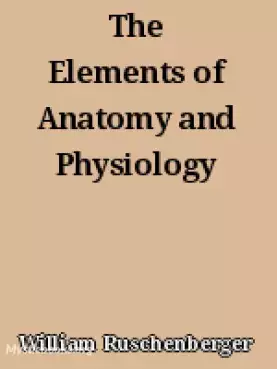
The Elements of Anatomy and Physiology
The Elements of Anatomy and Physiology is one in a Series of First Books of Natural History Prepared for the Use of Schools and Colleges. This succinct little textbook from 1852 presents an introduction to the workings of the human body. The informat...
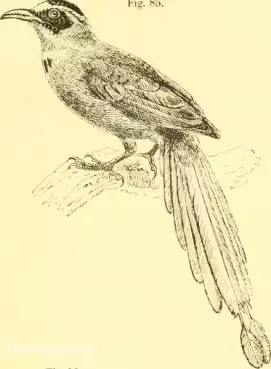
The Elements of Ornithology
The Elements of Ornithology is one of seven in a Series of First Books of Natural History Prepared for the Use of Schools and Colleges. This succinct little textbook from 1845 presents an introduction to ornithology. The information, albeit not curre...
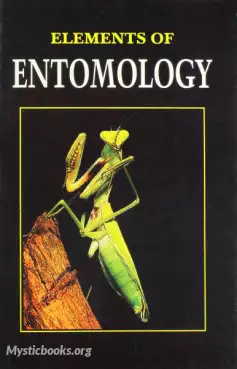
The Elements of Entomology
The Elements of Entomology is one of seven in a Series of First Books of Natural History Prepared for the Use of Schools and Colleges. It is a succinct little textbook from 1845 that presents an introduction to entomology. The author was a surgeon in...

Elements of Conchology
This book is providing an introduction to the study of shells. It was originally published in 1843 and has since been a valuable resource for shell collectors and naturalists alike. This book covers a broad range of topics related to conchology, inc...
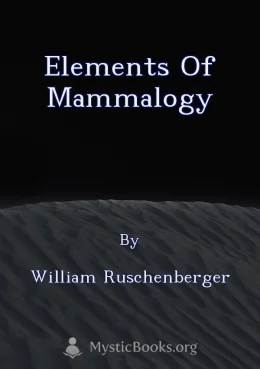
Elements of Mammalogy
This book, published in 1845, provides a comprehensive overview of mammalogy, the scientific study of mammals. It covers various aspects of mammal biology, including their classification, anatomy, behavior, and distribution. The book also includes de...

Elements of Geology
This book, published in 1846, provides a concise overview of geology for students and general readers. It presents an introduction to the field, covering topics such as the composition of the earth, the formation of rocks and minerals, the history of...
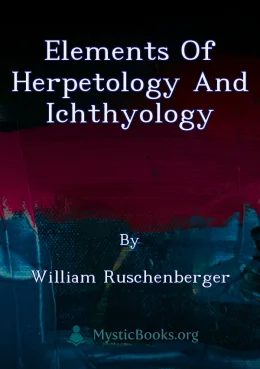
Elements of Herpetology and Ichthyology
Published in 1844, "Elements of Herpetology and Ichthyology" by William Ruschenberger offers a comprehensive introduction to the study of reptiles, amphibians, and fish. While the scientific classifications and knowledge presented may differ from mo...